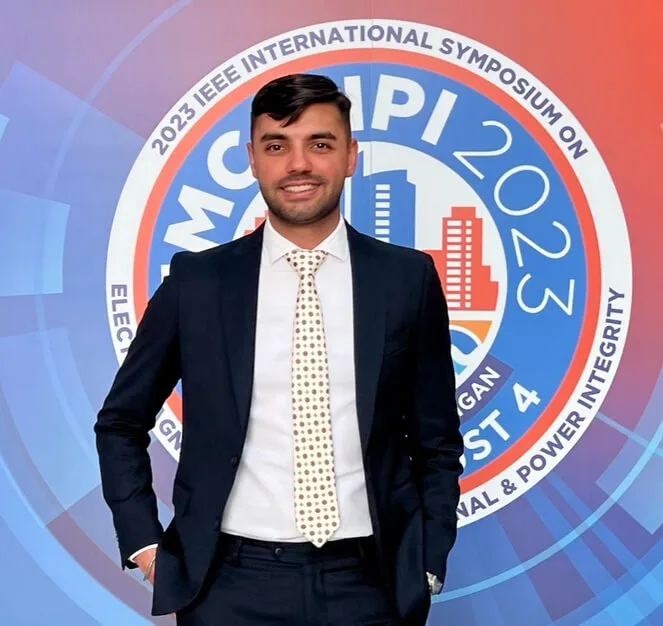The project focuses on research in the field of Electromagnetic Compatibility (EMC) related to Power Electronic (PE) converters, including Single and Multiple Buck Converters. On one hand, the project involves experimental characterization to fully understand and describe EMC issues associated with power converters within a DC grid, whether in a single or multiple configuration. Measurements encompass voltages and currents using voltage and current probes, conducted emissions using an EMI receiver, and impedance using an Impedance Analyzer and Vector Network Analyzer. The collected data has been processed in both time domain (TD) and frequency domain (FD) using Fast Fourier Transform (FFT) to facilitate evaluations in terms of harmonics. On the other hand, a significant aspect of the research addresses stochastic modeling as a tool to address EMC issues. Stochastic techniques, such as Polynomial Chaos (PC), offer robust modeling for predicting conducted emissions and evaluating interference. These methods contribute to the development of a “Black Box” approach, representing the overall behavior of PE converters. Ultimately, the combination of experimental characterization and stochastic modeling enhances the understanding and mitigation of EMC challenges in the context of power converters.




